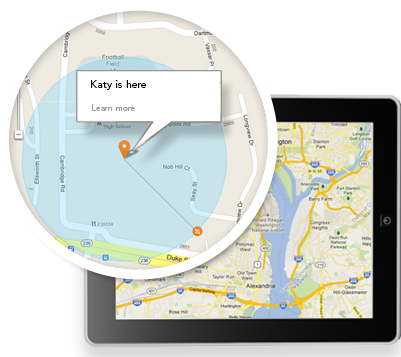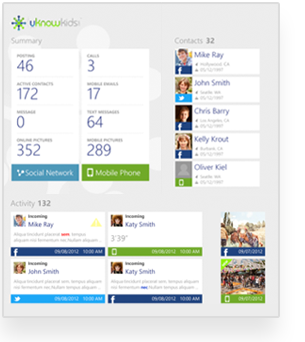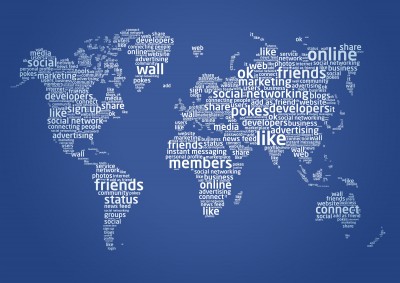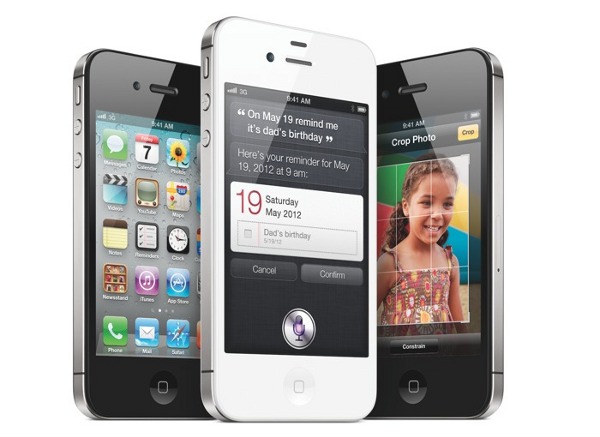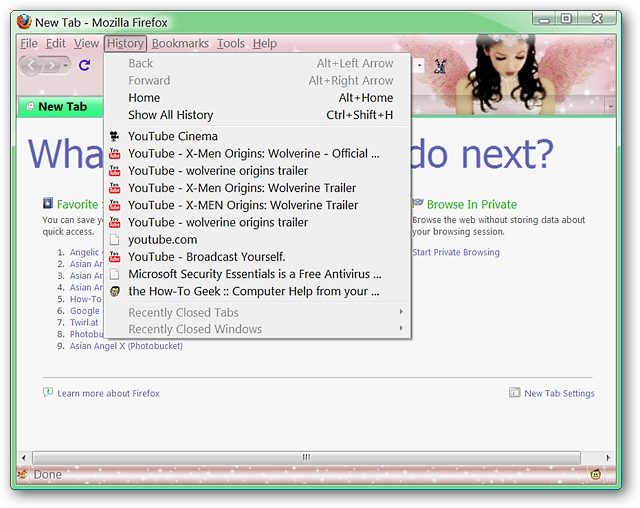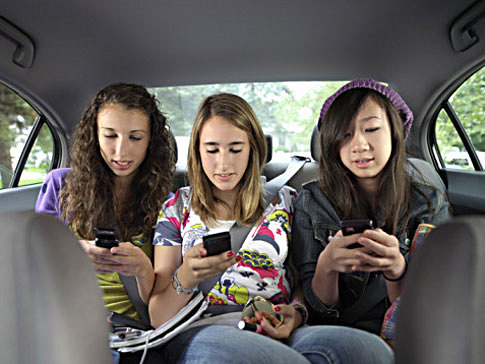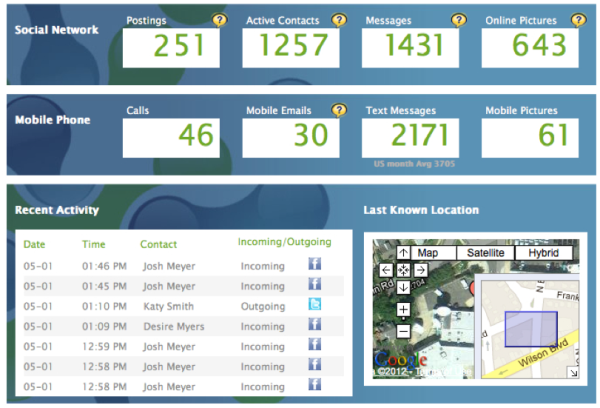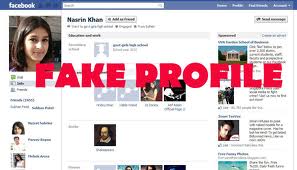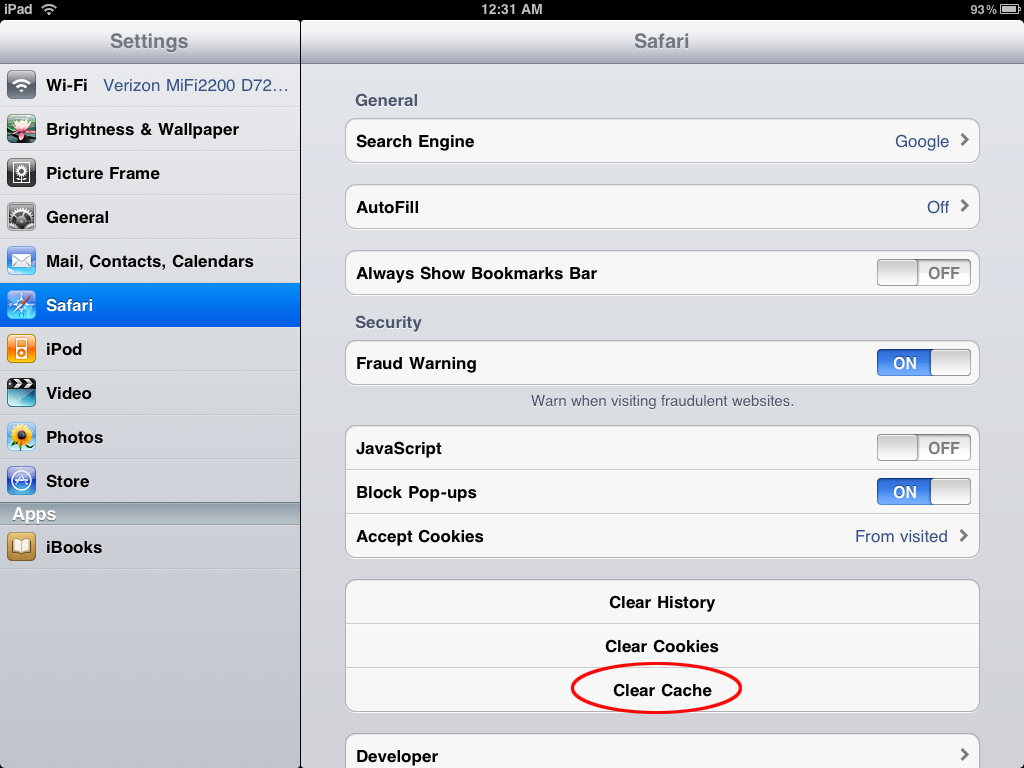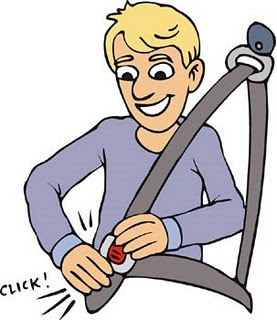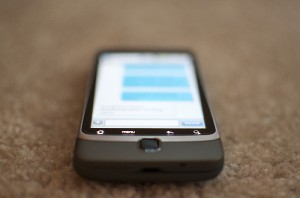Once upon a time, children would go out and play until dark. Parents would go to their back porches and call their names and a few minutes later, the kids would ride their bikes in the driveway and come inside for the night. Location monitoring was never a concern because the parents all looked out for each other's children.
Keeping Up With Your Parental Monitoring Duties
These days, all kids have a presence online. They have Facebook, Twitter, Sims, and a host of other social media and and online games that they interact with multiple times a day. As a parent, you worry about keeping your child safe from cyberbullying and Internet predators. But with Internet available at home, at friends' houses and on mobile devices, how can you be sure you're keeping up with your parental monitoring duties?
The best way of keeping your kids safe online is to talk to them. Ask them questions like:
-
"What sites and games do you like to look at online?"
-
"What kinds of information do you think it's safe to post online?"
Facebook Terminology for Parents
Your goal is to have regular conversations with your child about what's going on in his or her social networking universe, but if you're constantly interrupting with “Wait, what's a timeline?” or “You can video chat in Facebook?” you will quickly alienate your teen. If you want to be serious about parental monitoring, you have to know the channels your child is using.
Knowing the basic Facebook terminology, the world's most popular social network, helps you understand what social networking means to your child and facilitates an ongoing conversation about Internet safety.
Monitor the Child, Not the Device
Parental monitoring is no easy task, but parents realize that it's one of their most important responsibilities. My kids put themselves on a global stage every time they use the Internet, and it's up to me to ensure that they're doing it in a way that protects their safety and their reputation. But parental monitoring isn't what it used to be. The way our kids use the Internet keeps changing, so the way we keep tabs on their online activity must also evolve.
A decade or so ago, it was usually enough to place the family computer in a well-trafficked area of the house and install some parental controls on it. But today's kids don't even use the family computer as their main method of getting online. Kids use their phones, their tablets, their gaming systems, their music players, and other handheld devices. They may go all week without even touching the family computer.
Parental Monitoring: Five Reasons Why It’s Okay to be the “Bad Guy”
When it comes to kids and their online activities, the term parental controls has been replaced by parental monitoring. Children are more technologically savvy than ever before, and they can easily get around most of the controls that you put in place. If they have Internet access, all they have to do is Google something for more information. Furthermore, YouTube is becoming more popular each day for its entertaining content and for the fact that it often has step-by-step, how-to videos on virtually anything.
Young kids also know not only how to make cell phone calls and send text messages, they can download and use most smart phone applications. Overall, developing technical skills and gaining independence is beneficial to kids. However, as the saying goes, greater freedom comes with greater responsibility.
Without Monitoring, How Will You Know What Your Kids Are Doing?
On average, how much would you say your teen goes online? Checks their Facebook? Sends text messages? If you're like most parents, you greatly underestimate both the time and the intensity with which your teen is involved with the Internet and mobile devices. Parental monitoring is important, if for no other reason than to have an accurate picture of what your kids are doing online, and how much they're doing it.
When my children were small, I knew everything they did, every television show they watched, every friend they had. If they wanted a snack from the cupboard or a new toy from the store, they had to go through me. I was in complete control.
Parents, Watch Out for YouTube “Challenges”
Internet, how I love thee: let me count the ways. I use it all the time, and my kids do, too. I don't even own a hard copy phone book or map anymore. My kids use it for their homework, entertainment, and I like that they can find how-to videos on just about anything. But about those videos...
The downside of video sharing sites (most notably, YouTube) and sometimes the Internet in general, is that they give kids ideas about not-so-smart stunts that they may end up trying on their own.
They're usually called “challenges.”
Can I Use uKnowKids to Monitor the iPhone?
Many potential and current customers ask us what features we monitor for the iPhone. At this time, the iPhone has a technical limitation which makes it impossible for a third-party application to monitor native telecom functionality such as text messaging. As soon as Apple addresses this limitation within their operating system, we will immediately move to monitor iPhone text messaging.
Another Good Thing About Parental Monitoring
Most of us think of parental monitoring in terms of protecting your child from bullying and predators, or maybe just protecting them from posting an inappropriate picture on a whim that could haunt them for years. Of course it does all those things, but simply knowing where our kids are online can clue us in on what's going on in their life.
Just by checking the Internet history on my home computer I know what news stories my husband is interested in and what projects my kids are working on in school. Did you know that just looking at the sites your kids have visited in the last few days and weeks can also give you a pretty good picture of what their life looks like right now?
Smartphones – Your Teen's Life Then and Now
Does your teen have a smart phone? You've probably noticed that it makes a teenager's life a lot different than when we were kids.
No more asking to use the house phone at a friend's house to call home – just text mom to ask her if it's okay to spend the night. No need to plan a night out – just check in on FourSquare and find out where everybody is. And that cute guy in Spanish class? You can get the inside scoop on him on Facebook without even talking to him.
Two Lives Ruined Over YouTube Video: Parental Monitoring Needed
 Over the years, I have seen many YouTube videos and unfortunately, the one that is permanently cemented in my mind is “Racist White Teen Girls.” This video is one of the most disturbing things I have ever seen. The girls who speak in it are young, impulsive and troubled.
Over the years, I have seen many YouTube videos and unfortunately, the one that is permanently cemented in my mind is “Racist White Teen Girls.” This video is one of the most disturbing things I have ever seen. The girls who speak in it are young, impulsive and troubled.
Sexting: Children Are Growing Up Too Quickly
Children in today’s society have a lot of pressure on them and are having to grow up too quickly. It’s unfortunate that they can’t enjoy their childhood without being pressured into doing things they normally wouldn’t do. When I was growing up, I of course had peer pressure but a different kind than kids have today.
How Do You Feel About Parental Monitoring?
When you think about parental monitoring, what are some of the first words that come to mind? I recently read a Canadian study that noted the general change in the way parents have come to view the Internet:
-
2000: parents were enthusiastic about the opportunities the Internet would bring to their children.
-
2004: the Internet had become a source of frustration for parents, who felt that their kids were wasting time online when they should be doing schoolwork; they reported spending too much time fighting about, limiting, and managing their kids' Internet consumption.
Teens With Fake Social Networking Profiles: Are Your Kids Safe?
Social networking is on the rise, and so is parental monitoring. The good news is that most parents actively enforce rules regarding Internet safety and engage in various types of monitoring to ensure their child's safety on social networks like Facebook, Twitter, and MySpace.
The bad news is that many kids try to get around parental monitoring by creating a “dummy” profile, and many parents are none the wiser about it.
Top 10 Ways Teens Get Around Parental Monitoring
Do you think you have a pretty good idea of what your child is doing online? You may even have parental controls or parental monitoring software. Despite all the effort you go through to monitor your teen's Internet activity, your kids may still be pulling the wool over your eyes in more ways than one, a new study reveals.
The 2012 Teen Internet Behavior Study from McAfee took a closer look at the ways kids 13-17 hide their Internet activity from their parents. Teens reported that their top 10 methods included:
-
Clearing the browser history (53%)
-
Closing/minimizing browser windows when parent walked in (46%)
-
Hiding or deleting IMs or videos (34%)
The Internet Safety Conversation: 3 Ways to Get Your Kid to Open Up
As Governor Andrew Cuomo and the state of New York join the ranks of the few states that have passed cyberbullying laws, it’s important to understand that simply passing a law is not going to ensure your kids’ online safety. It takes an individual effort on the part of parents and kids to end online harassment, and it starts with honest, open communication.
‘Big Brother’? No, It’s Parental Monitoring
 When her children were ready to have laptops of their own, Jill Ross bought software that would keep an eye on where they went online. One day it offered her a real surprise. She discovered that her 16-year-old daughter had set up her own video channel.
When her children were ready to have laptops of their own, Jill Ross bought software that would keep an eye on where they went online. One day it offered her a real surprise. She discovered that her 16-year-old daughter had set up her own video channel.
{Kyle and Colleen Reed, with Darren, 13, and Trevor, 11, in Golden, Colo. Mr. Reed monitors Darren’s texting with an app.}
Parental Monitoring Is Smart During the '100 Deadliest Days' Driving
A deadly summertime car wreck is a parent's worst nightmare.
It’s the perfect time of year to apply a little overdose of parental monitoring – and keeps those kids safe during those sizzling summer months!
We're smack in the middle of the 100 deadliest driving days for teens aged 15 to 19, which fall between Memorial Day and Labor Day, according to AAA. Car wrecks are the leading cause of death for U.S. teens, and more teens are killed on the road during summer than any other time of year.
Facebook Targets Kids Under the Age of 13: Facebook For Kids?
 Is Facebook creating a melting pot for online predators and cyberbullying by allowing kids under the age of 13 to join? Or can parents use the opportunity to educate, engage and protect their kids through monitored use?
Is Facebook creating a melting pot for online predators and cyberbullying by allowing kids under the age of 13 to join? Or can parents use the opportunity to educate, engage and protect their kids through monitored use?
You may have noticed that Facebook has been in the news quite a bit recently. There was the largest IPO in US history, there was a Mark Zuckerberg wedding, a lot of noise surrounding the IPO and insider information, falling stock prices, a new Facebook Photo app, and now most recently: leaked speculation that Facebook is exploring the possibility of opening its doors to children under the age of 13... with parental supervision that is. So what exactly does that mean for parents?
Kids Safe: 4 Reasons to Monitor Your Child's Cell Phone
Today's cell phones are tiny supercomputers that require just as much parental monitoring as laptops and desktops. Here are 4 things you should be aware of when monitoring your child's cell phone.
1. Texting
Texting sure is a handy way to exchange quick messages with your child when you're running late or want to remind them of something, but texting has the potential to get kids in a lot of trouble. Texts are easily forwarded, and whatever kids text could end up in the whole school's inbox the next day.
It's also easy to misread someone's intentions in a text message. The anonymity of texting also makes it easier for a child to slip into cyberbullying and rude behavior. While you're talking about sexting, make it clear that there are certain times when texting should be off-limits (in class, for example.)

